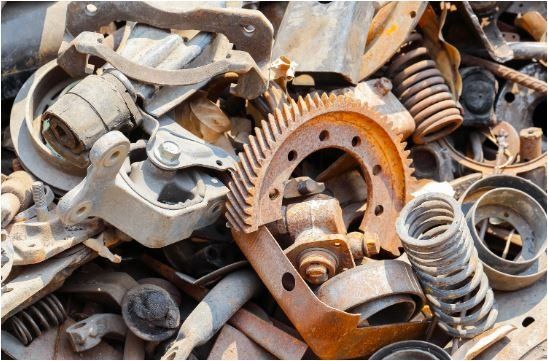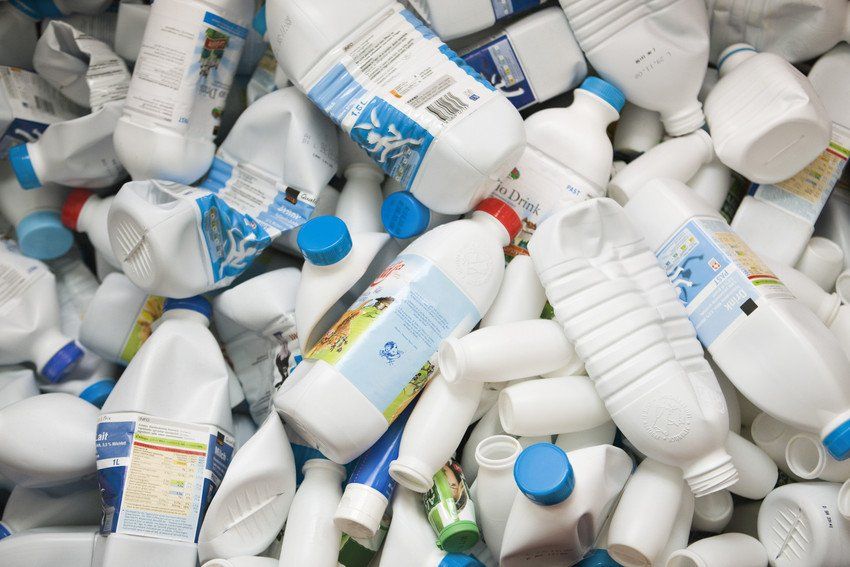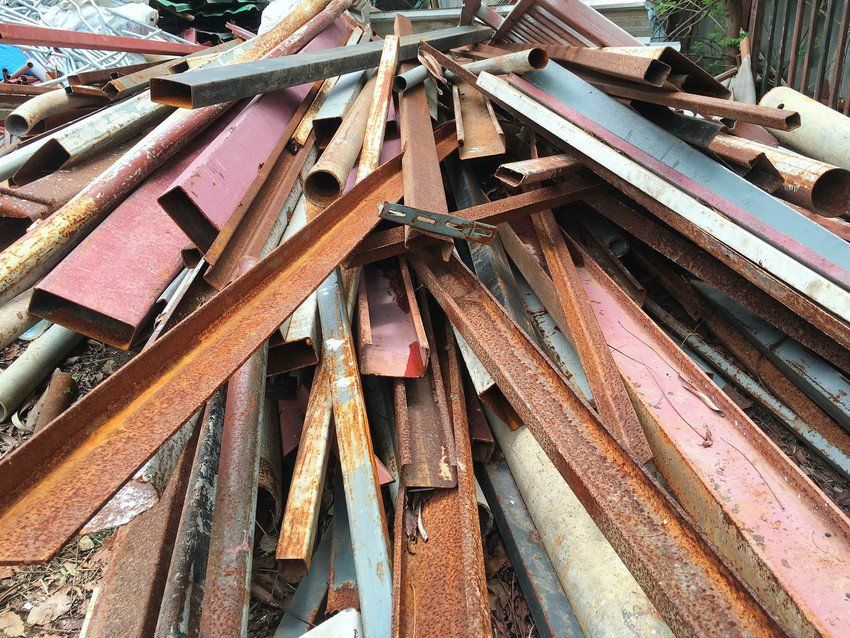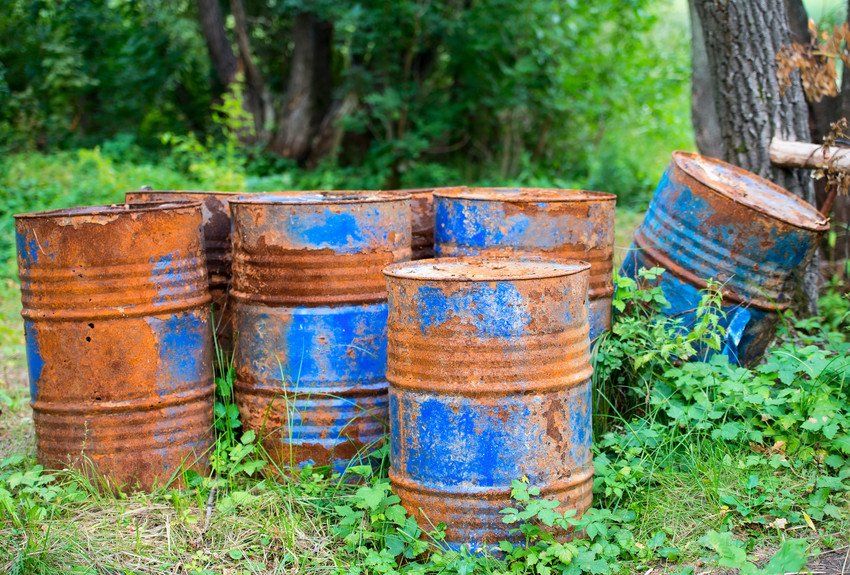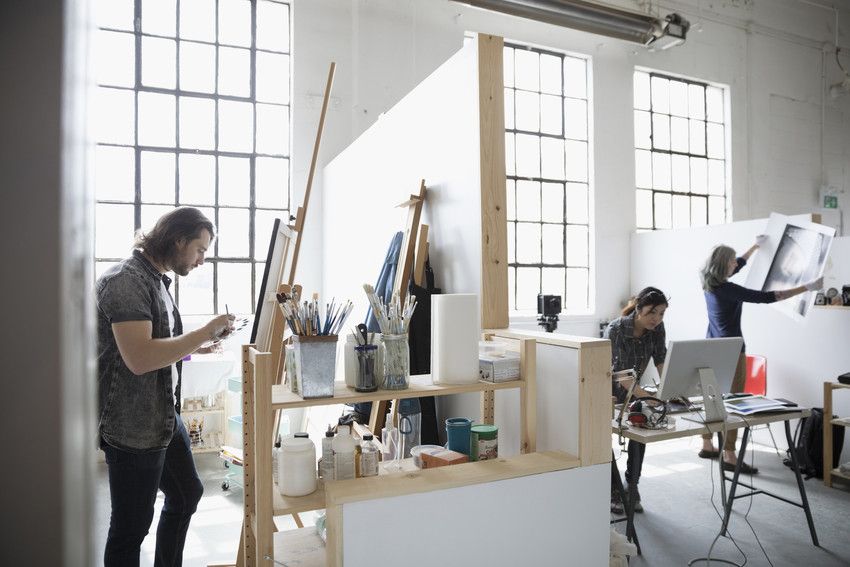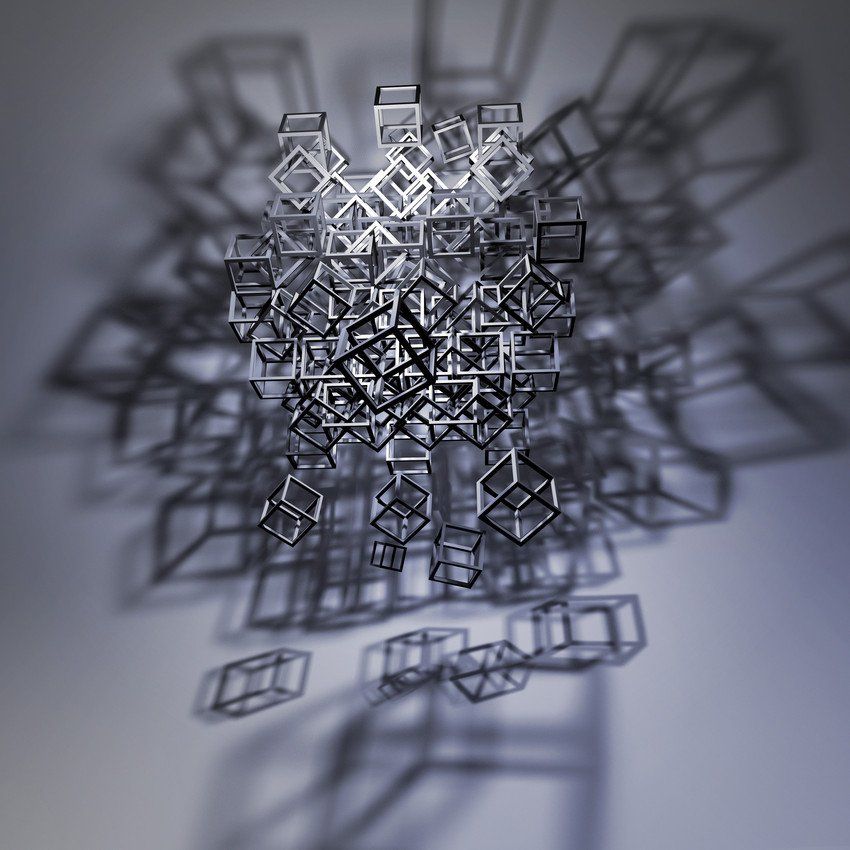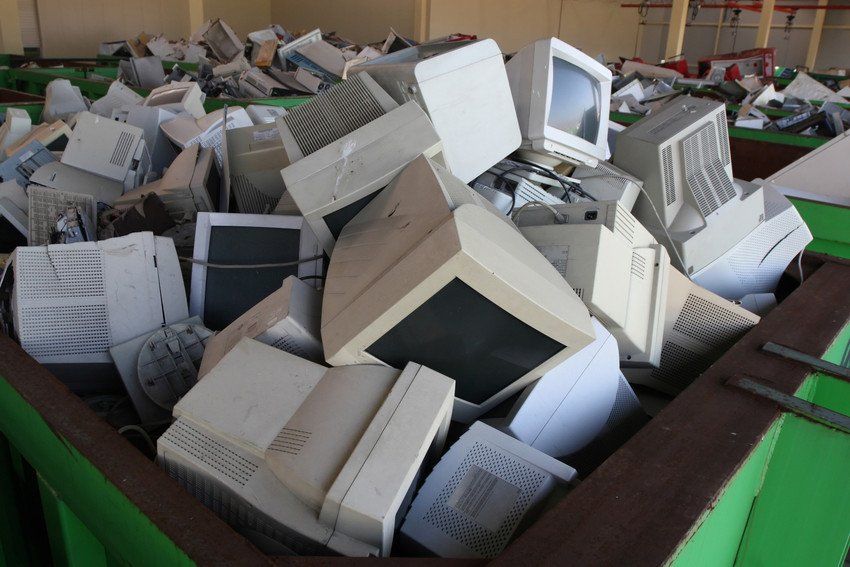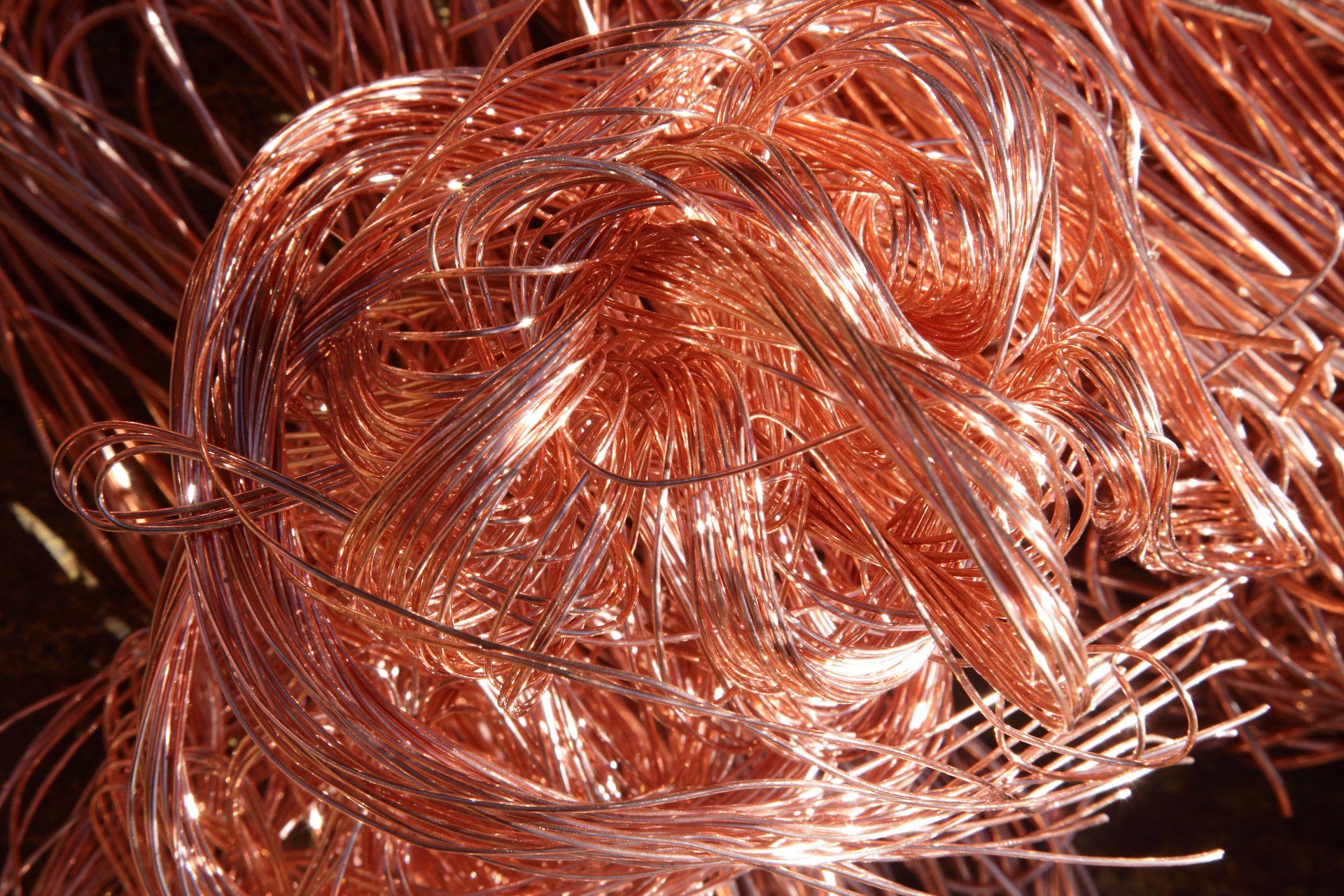A Guide to Scrap Metal and Its Uses
Most of us use or dispose of metal multiple times a week without thinking about it, such as by washing out tins and putting them in the recycling bin. But, how are large volumes of metal disposed of? What happens if your car has driven its last few miles? What do you do if you’ve accumulated lots of metal scraps following a recent construction project? Unwanted metal is known as scrap metal - and it can be recycled by registered scrap yards, like us at Broughshire Waste Metals.
As the leading scrap metal recycling company in Bridgend, it’s safe to say we know a thing or two about the waste metal disposal process. For everything you need to know about scrap metal and its uses, read on for our introductory guide.
What is scrap metal?
Scrap metals are metals and materials containing metal that are ready to be recycled and reused. Some of the most common metals sent for recycling include aluminium, copper and bronze, but we at Broughshire Waste Metals also recycle stainless steel and brass.
At our metal scrap yard, we accept both ferrous metals (those containing iron) and non-ferrous metals (those that don’t contain iron), but it’s always worth double-checking what your chosen recycling facility will and won’t collect.
Why is scrap metal sold?
There is a huge market for scrap metal, simply because metal is very valuable! A highly versatile material, it can be used in the production of household appliances, building tools, vehicles and items as small as drinks cans, so there’s a lot of demand for scrap metal in manufacturing.
Why? There are many reasons to produce new items using recycled materials, such as scrap metal. For example, manufacturers can make use of recycled metal to reduce their environmental impact and lower their production costs with pre-used materials.
What’s exciting about scrap metal is that it can be reused again and again, as long as it has been recycled properly! Being able to recycle a material multiple times means there are plenty of opportunities to lower the demand for metal ores, and ultimately lessen the pressure ore extraction puts on the planet.
To make sure your scrap metal is recycled correctly, and in a way that ensures it can be used time and time again, it’s important to find a registered scrap yard.
How does scrap recycling work?
The recycling process will vary depending on the type of metal in question, but generally, the scrap metal recycling process looks like this:
Metal scrap collection and delivery
Before scrap metal can be used again, it must first be collected and recycled. The first step is, of course, transporting the metal to the scrap yard. This can be difficult if you have a large amount to recycle, which is why we at Broughshire Waste Metals offer a collection service. If you don’t live locally to a yard that can pick up your scrap, you may need to arrange multiple deliveries.
Paying for scrap metal
As of December 2012, it has been illegal for scrap yards to pay for metal using cash in both England and Wales under the Scrap Metal Dealers Act 1964. This amendment was put into place to prevent tax evasion and protect both dealers and sellers against illegal scrap metal trading. If a metal recycling company tries to pay with cash, take this as a warning sign and look elsewhere.
It is, however, legal to pay with cheques and by card. These are two payment options that we offer to make selling scrap metal easier and more convenient for our customers in Bridgend.
Separating the metal
Once you’ve delivered the scrap metal to the recycling facility, it will be separated from any other non-metal materials that might cause contamination. The metal will also be separated into its individual metal types to make sure each type is processed properly.
Shredding, melting and shaping the metal
Next, the metal will be shredded to make the melting process easier and less energy-consuming. The metal needs to be melted in a furnace so that it can be moulded into a user-friendly shape. How the metal is moulded will depend on its type and main uses. For instance, recycled aluminium is often converted into thin sheets which are easy to cut and shape into car parts and drinks cans.
Purifying the metal
Recycled metal cannot be shaped until it has been purified. Purification processes, such as electrolysis, are used to make sure the metal is free from contaminants. This is an important step to guarantee that the manufacturers who purchase the recycled metal receive the best quality product.
Selling and using the metal
Once the metal has been through the recycling process, it can then be bought by manufacturers and turned into new products. Recycled metal can be used for an expansive list of reasons, making it a highly sought after material amongst manufacturers.
What is scrap metal used for?
Take a second to look around your home or workplace. How many items can you see that contain metal? Probably a lot more than you might have initially thought. From the aluminium foil in your kitchen drawer to the phone in your hand, you will interact with and rely on some form of metal every day.
Why? Because metal is an extremely versatile material. It can be used across all sectors and industries and has a long list of benefits, including that it’s high-strength, durable and resistant to heat.
Some of the industries that benefit the most from recycled scrap metal include:
Construction
As the construction industry aims to become more environmentally-friendly, there has been a surge in using recycled materials in projects. This includes recycled scrap metal, which has the strength and durability required to make it a great construction material. As a result, a lot of building materials, such as beams and cladding, contain recycled steel.
Automotive
Did you know that your car likely contains recycled metal? Vehicle scrap metal recycling is a large and profitable industry because cars and other vehicles contain steel, aluminium and copper. Once a car is scrapped, these materials are extracted, separated, recycled and used in the production of new models!
Transportation
The transportation sector is another that benefits hugely from recycled metal. Processed steel is often used in the construction of new roads, train tracks, tunnels, bridges, ports and even road signage. Metal is a key material in the production of transport infrastructure, and in an industry where the sustainability conversation is so important, recycled metal is the obvious choice.
Manufacturing
We’ve used the example of recycled aluminium being used to produce new drinks cans, but this isn’t the only way the manufacturing industry benefits from recycled metal. The production of food packaging is a popular use for scrap metal in general, but it’s also used to produce home appliances, kitchen equipment and sports gear.
Interior design and art
Lots of home furnishings are built from recycled materials to give them personality and charm, reduce how much energy is needed to manufacture them, and allow manufacturers to produce them at cheaper rates. Purchasing recycled metal home furnishings is a win-win for consumers and manufacturers, which is why many lamps, tables, chairs, clocks, beds, chests of drawers and trunks are produced with recycled metal!
Broughshire Waste Metals: Reliable scrap metal collection and recycling services in Bridgend
If you’re looking for trusted scrap metal recycling experts in Bridgend, then you needn’t look further than Broughshire Waste Metals. We work with both trade and commercial customers to recycle their scrap metal safely and efficiently, and will always go above and beyond to offer competitive prices. As recycling specialists, we also understand the importance of protecting the planet when collecting and processing metal, so you can rely on us to follow the relevant environmental legislation no matter what.
In addition to our scrap metal recycling services, we are also well-equipped to process PVC plastic, cardboard, wood and polythene. To learn more about our scrap metal collection and waste management services, please don’t hesitate to
contact us today. A member of our friendly team will be happy to discuss our services in more detail.
